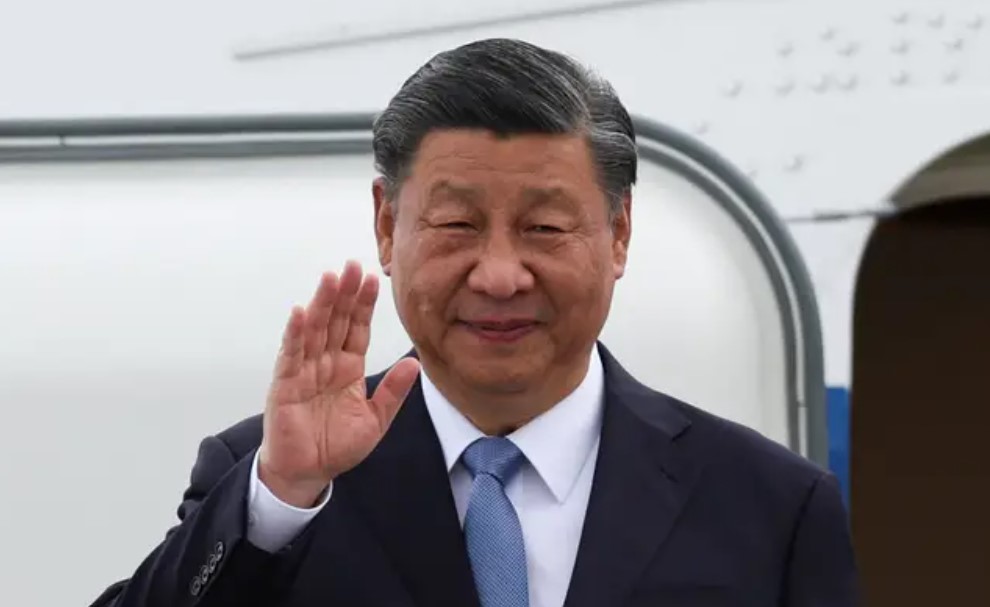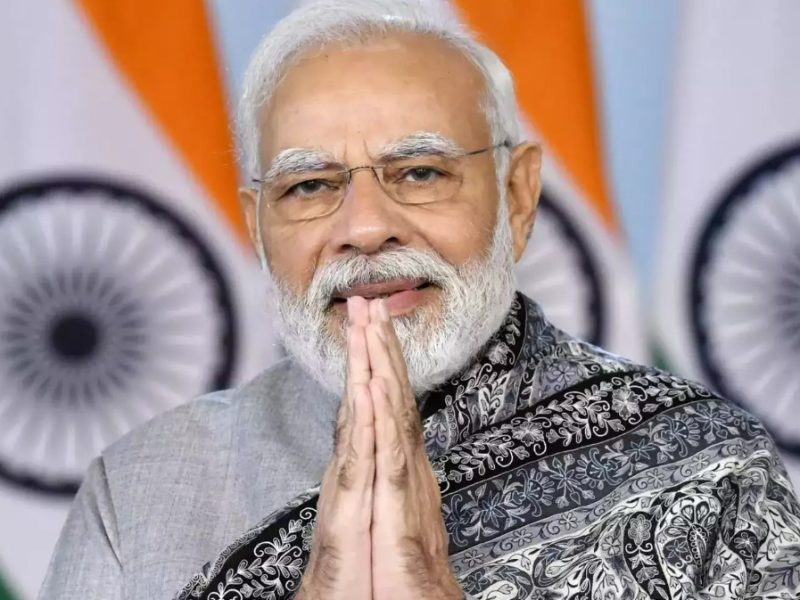Xi Jinping Mobile Number, Phone Number, Email ID, House Residence Address, Contact Number Information, Biography, Whatsapp, and More possible original information are provided by us here.
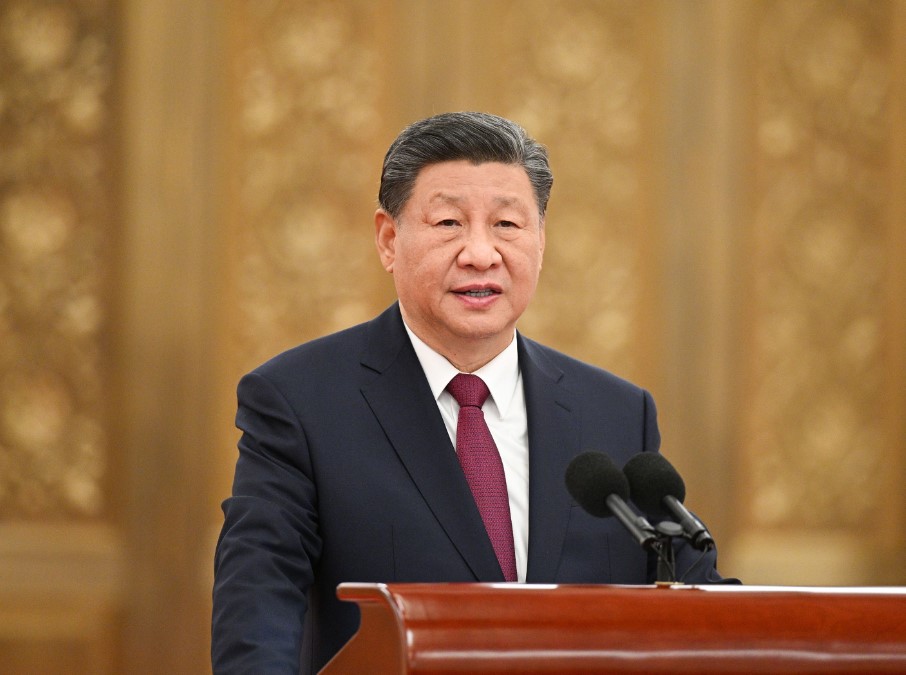
Xi Jinping is a Chinese politician who was born on June 15, 1953. Since 2012, he has held the positions of general secretary of the Chinese Communist Party (CCP) and chairman of the Central Military Commission (CMC), making him the most powerful leader in China. Xi Jinping has also served as the President of the People’s Republic of China (PRC) during the years 2013 and 2018. He is a member of the fifth generation of officials in the Chinese government.
During the Cultural Revolution, Xi Zhongxun, the son of a Chinese Communist veteran, moved to Yanchuan County, a rural area, while he was a youngster. This was in response to his father’s purging. After several unsuccessful efforts, he joined the Communist Party of China (CCP) and served as the local party secretary in the hamlet of Liangjiahe, which is located in the province of Shaanxi. He resided in a yaodong. After completing his studies in chemical engineering at Tsinghua University while simultaneously serving as a laborer, peasant, and soldier, Xi progressed through the ranks of China’s coastal regions’ political system.
From 1999 to 2002, Xi served as the governor of Fujian. Subsequently, he assumed the position of governor and party secretary of Zhejiang, which is located nearby, from 2002 to 2007. In 2007, Xi was relocated to Shanghai to serve as a temporary replacement for Chen Liangyu, who had been dismissed from his position as the party secretary by the Shanghai government. After that, he became a member of the Politburo Standing Committee (PSC) of the Communist Party of China (CCP) in the same year, and in October of 2007, he established himself as the first-ranking secretary of the Central Secretariat.
For this reason, Xi was chosen vice president of the People’s Republic of China and vice chairman of the Communist Party of China in 2008. In 2008, he was identified as the assumed successor to Hu Jintao as the paramount leader. In 2016, the Chinese Communist Party (CCP) bestowed upon him the formal title of leadership core. At the time of the PRC’s founding, Xi was the first general secretary of the Chinese Communist Party to be born. Since taking office, Xi has implemented a wide range of steps to ensure that the party maintains its discipline and to ensure that the country maintains its unity.
Zhou Yongkang, a former member of the People’s Security Committee, was one of the top CCP officials who fell victim to his anti-corruption campaign, which led to the collapse of those authorities. Additionally, he has implemented or advocated for a more assertive foreign policy, notably regarding China’s ties with the United States, the nine-dash line in the South China Sea, and the conflict between China and India over the boundary. As part of the Belt and Road Initiative, he has been working toward the goal of expanding China’s influence in Africa and Eurasia.
In addition to attempting to restructure the property sector, Xi has boosted backing for state-owned companies (SOEs), improved military-civil fusion, supervised targeted poverty alleviation initiatives, and expanded support for economic development. In 2021, he led a widespread crackdown and a large wave of rules on the technology and tutoring industries. He also advocated for “common prosperity,” which is several initiatives developed with the claimed objective of increasing equality.
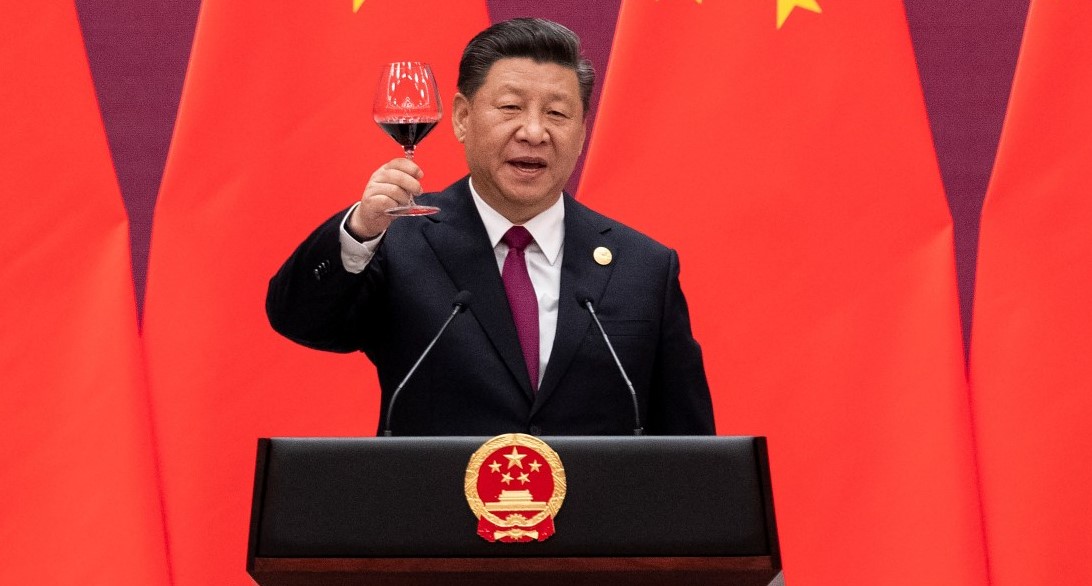
Ma Ying-jeou, the president of Taiwan, and Xi Jinping, the leader of the People’s Republic of China, met for the first time in 2015. However, ties between the two countries took a turn for the worse when Tsai Ing-wen, the candidate of the Democratic Progressive Party (DPP), won the presidential elections in 2016. His response to the COVID-19 pandemic in mainland China was to implement a zero-COVID plan from January 2020 to December 2022. After that, he shifted his focus to a mitigation strategy.
Additionally, Xi supervised the enactment of national security legislation in Hong Kong, which resulted in a government crackdown on political opposition in the city, particularly those who advocated for democracy. An increase in censorship and mass surveillance, a deterioration in human rights, including the internment of one million Uyghurs in Xinjiang (which some observers have described as part of a genocide), the development of a cult of personality around Xi, and the removal of term limits for the presidency in 2018 are all things that have occurred during Xi’s tenure as president. Various political and academic observers have frequently referred to him as an authoritarian leader.
Many of Xi Jinping’s political beliefs and concepts, often referred to as Xi Jinping Thought, have been integrated into the constitutions of both the party and the country. The Chinese Communist Party (CCP) has taken on several roles, including new committees on national security, economic and social reforms, military reorganization and modernization, and the Internet. As the major figure of the fifth generation of leadership in the People’s Republic of China (PRC), Xi has used numerous positions to consolidate institutional authority. He and the Central Committee of the Communist Party of China (CCP) approved a “historical resolution” in November of 2021.
Not only did Xi win reelection to the position of state president for a third term in March 2023, but he also won a third term as CCP General Secretary in October 2022. In the 1960s, Xi attended the Beijing Bayi School, and then he moved on to the Beijing No. 25 School when he was older. Once he became China’s paramount leader, he became acquainted with Liu He, who had attended Beijing No. 101 School in the same neighborhood. Liu He went on to become China’s deputy premier and a close adviser to Xi when he became China’s most powerful dictator.
Although he was only ten years old at the time, his father was expelled from the Communist Party of China (CCP) and forced to work at a factory in Luoyang, Henan. Xi’s secondary education was cut short in May of 1966 as a result of the Cultural Revolution, which caused all secondary courses to be suspended so that students could criticize and take action against their professors. A member of the Xi family, Xi Heping, was “persecuted to death” as a result of student radicals who plundered the Xi family house.
Later on, his mother was compelled to publicly condemn his father, who was being paraded in front of a mob as an adversary of the revolution as a result of the situation. After that, in 1968, when Xi was 15 years old, his father was sentenced to jail. In 1969, as part of Mao Zedong’s Down to the Countryside Movement, Xi was sent to labor at Liangjiahe Village, Wen’anyi, Yanchuan County, Yan’an, Shaanxi. He was not protected by his father during this time.
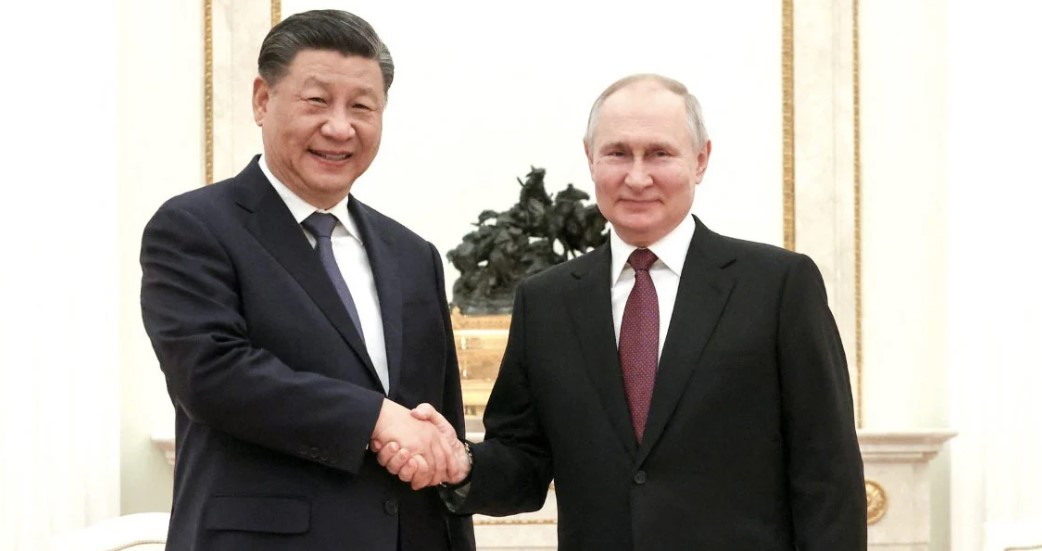
In the town of Liangjiahe, where he resided in a cave-dwelling, he held the position of party secretary. As a result of this experience, he developed a sense of empathy for those who lived in rural areas, according to those who knew him. After a few months, he fled to Beijing because he was unable to tolerate the life of a rural resident. It was during a crackdown on deserters from the countryside that he was taken into custody and put in a labor camp to dig ditches. However, he eventually went back to the hamlet where he had been detained. Following that, he remained there for a total of seven years.
Xi’s perspective on politics solidified as a result of the setbacks and suffering that his family endured throughout his formative years. “People who have little contact with power, who are far from it, always see these things as mysterious and novel,” he observed in an interview that took place in the year 2000. The power, the flowers, the glory, and the acclaim are all things that I perceive, but what I see is more than simply the surface things. As I look around, I see that individuals may blow hot and cold. I see the bullpens. I have a more profound comprehension of political affairs.
The term “bullpens” (扛棚) was a reference to the detention buildings that were under the control of the Red Guards during the Cultural Revolution. Through his friendship with a local official, Xi entered the Communist Youth League of China in 1971, making it his eighth try to join the organization after seven previous attempts had been unsuccessful. Because Premier Zhou Enlai had ordered a family reunion in 1972, he was able to get back together with his father. From 1973 to 1974, he submitted ten applications to join the Communist Party of China (CCP), and he was ultimately admitted on the tenth try.
During the years 1975 to 1979, Xi attended Tsinghua University in Beijing as a worker-peasant-soldier individual to further his education in chemical engineering. The students who were majoring in engineering at that institution spent around fifteen percent of their time studying Marxism, Leninism, and Maoism, and five percent of their time working on farms and “learning from the People’s Liberation Army.”During the years 1979 to 1982, Xi served as the secretary for Geng Biao, who had previously been his father’s subordinate. Geng Biao was the deputy premier and secretary-general of the CMC at the time.
In the year 1982, he worked his way up to the position of deputy party secretary of Zhengding County, which is located in the province of Hebei. As a result of his promotion to secretary in 1983, he became the highest-ranking official in the county. During the succeeding years of his regional political career, Xi served in four different provinces: Hebei (1982–1985), Fujian (1985–2002), Zhejiang (2002–2007), and Shanghai (2007). Following his election as head of the Party School in Fuzhou in 1990, Xi held several positions within the Fuzhou Municipal Party Committee.
The Chinese Communist Party (CCP) appointed him as an alternative member of the 15th Central Committee in the year 1997. However, out of the 151 alternative members of the Central Committee who were chosen at the 15th Party Congress, Xi obtained the fewest amount of votes in favor, which placed him at the bottom of the ranks of members. This was presumably because he was a princeling. Following his departure from Fujian in 2002, Xi assumed prominent political posts in the neighboring province of Zhejiang.
After serving as acting governor for several months, he finally assumed the position of secretary of the provincial Party Committee. This was the first time in his professional life that he had a position of authority inside the province. His rise to prominence on the national scene was marked by the fact that he was elected to a full membership of the 16th Central Committee in the year 2002. According to reports, Xi presided over growth rates that averaged 14% every year when he was in Zhejiang.
The stern and forthright approach he took against corrupt officials throughout his tenure in Zhejiang was a defining characteristic of his work. Because of this, he became well-known in the national media and captured the attention of the most powerful people in China. Through his role as secretary-general of the Zhejiang Party Committee, Li Qiang served as Xi’s chief of staff from 2004 to 2007. During this time, the two individuals formed strong and deep relationships with one another.
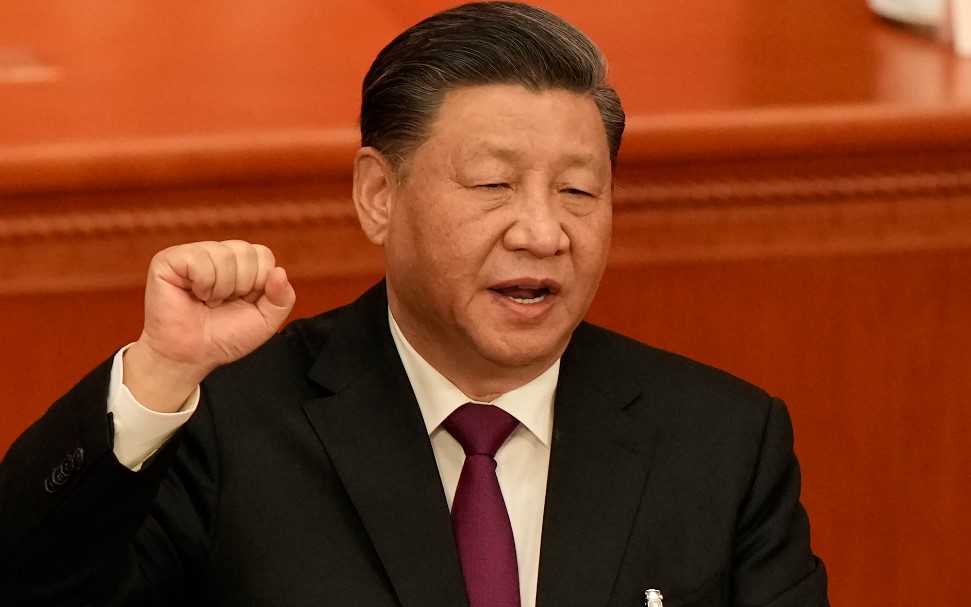
Xi Jinping Phone Number, Email Address, Contact No Information and More Details
Xi Jinping Addresses:
House Address:
Xi Jinping, Beijing, China
Fanmail Address / Autograph Request Address:
Xi Jinping,
Beijing,
China
Xi Jinping Contact Phone Number and Contact Details info
- Xi Jinping Phone Number: Private
- Xi Jinping Mobile Contact Number: NA
- WhatsApp Number of Xi Jinping: NA
- Personal Phone Number: Same as Above
- Xi Jinping Email ID: NA
Social Media Accounts of Content Creator ‘Xi Jinping ’
- TikTok Account: NA
- Facebook Account (Facebook Profile): NA
- Twitter Account: NA
- Instagram Account: NA
- YouTube Channel: NA
- Tumblr Details: NA
- Official Website: NA
- Snapchat Profile: NA
Personal Facts and Figures
- Birthday/Birth Date: 15 June 1953
- Place of Birth: Beijing, China
- Wife/GirlFriend: Peng Liyuan
- Children: Xi Mingze
- Age: 70 Years old
- Official TikTok: NA
- Occupation: Politician
- Height: 1.8 m
Business Facts
- Salary of Xi Jinping: $1.2 billion
- Net worth: $1.2 billion
- Education: Yes
- Total TikTok Fans/Followers: NA
- Facebook Fans: NA
- Twitter Followers: NA
- Total Instagram Followers: NA
- Total YouTube Followers: NA
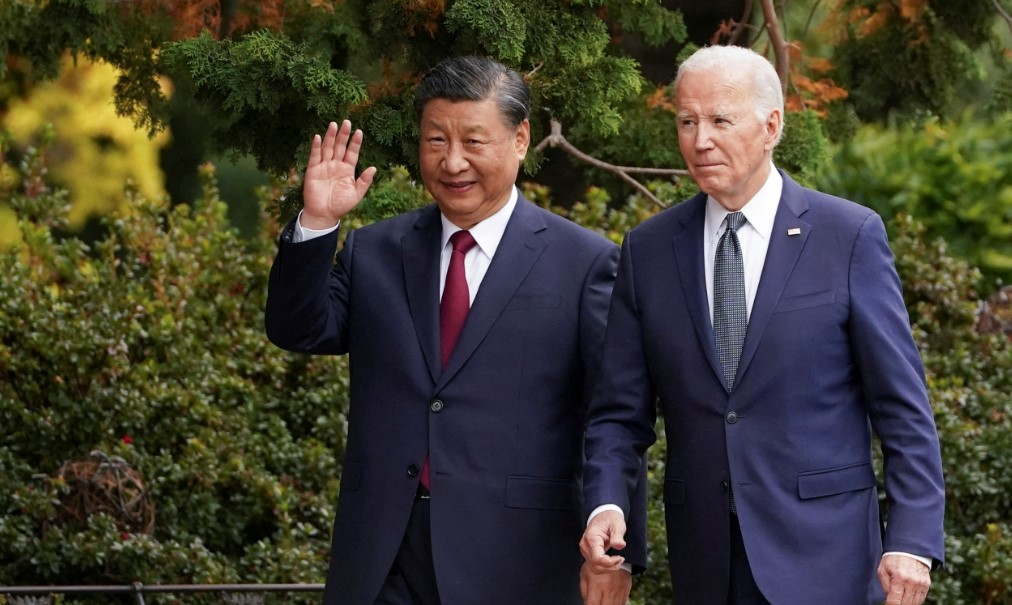
| Xi Jinping Address, Phone Number, Email ID, Website | |
|---|---|
| Email Address | NA |
| NA | |
| House address (residence address) | Beijing, China |
| NA | |
| Office Address | NA |
| Office Number | NA |
| Official Website | NA |
| Personal No. | NA |
| Phone Number | NA |
| Snapchat Id | NA |
| NA | |
| Whatsapp No. | NA |
Some Important Facts About Xi Jinping:-
- Xi Jinping was born on 15 June 1953.
- His Age is 70 years old.
- His birth sign is Gemini.
